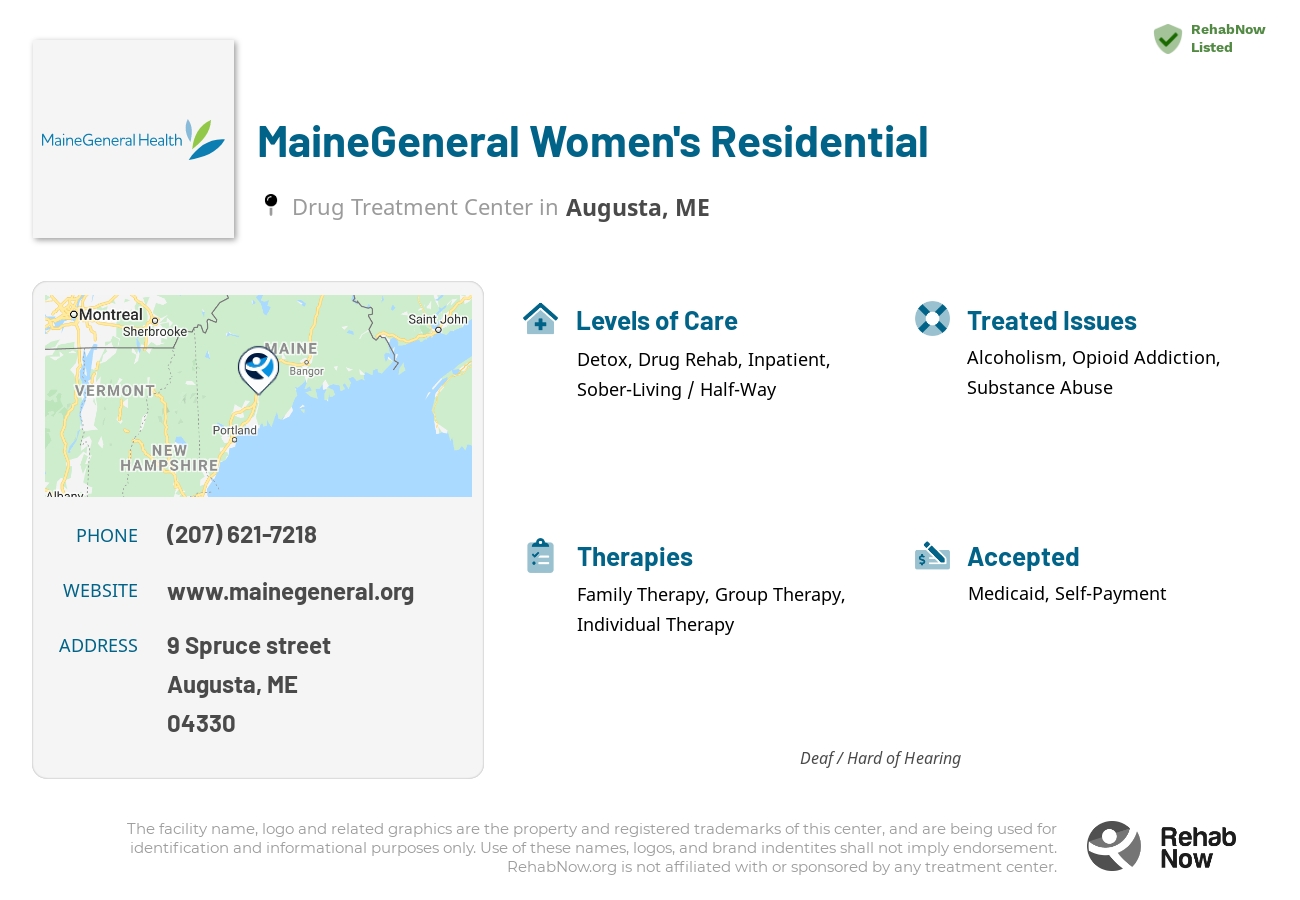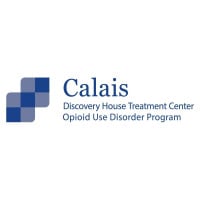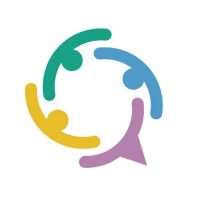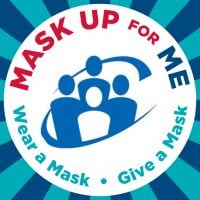MaineGeneral Women's Residential
Drug Rehab Center in Augusta, Maine
MaineGeneral Women's Residential in Augusta, ME provides comprehensive care for those suffering from addiction, offering a variety of treatment options, including detox, drug rehab, inpatient, sober-living/half-way, and residential care, as well as individual and group therapy, holistic treatment options, education, and aftercare programs to support individuals and their loved ones in the recovery journey.
About MaineGeneral Women's Residential in Maine
MaineGeneral Women’s Residential in Augusta, ME, stands out as a premier center focusing on substance use disorder treatment, particularly for those battling co-occurring mental health issues. This facility provides a supportive, structured environment and specializes in evidence-based, residential drug rehab programs, highlighting its dedication to tailored, comprehensive care.
- Customized Treatment Plans: Every individual receives a personalized treatment plan that employs evidence-based therapies, counseling, and support groups.
- Medication-Assisted Treatment (MAT): Utilizes medications like methadone, buprenorphine, or naltrexone, combined with counseling and behavioral therapies to manage cravings and withdrawal symptoms.
- Focus on Co-occurring Disorders: Offers integrated treatment approaches targeting both substance use and mental health issues simultaneously, catering specifically to individuals with dual diagnoses.
Accredited by the Joint Commission, MaineGeneral Women’s Residential assures quality and credibility. Their experienced professionals offer 24/7 care and support, ensuring individuals receive the highest standard of treatment through customized, evidence-based approaches in a clinically focused setting. The program typically spans nine months, providing a thorough, immersive recovery journey.
MaineGeneral addresses a variety of addictions, focusing on opioid and alcohol use disorders with their comprehensive Medication-Assisted Treatment. Their approach to treatment includes a combination of individual counseling, support groups, and behavioral therapies, offering different levels of care tailored to meet the unique needs of each patient.
Genders
Ages
Modality
Additional
Accreditations

JCAHO
Conditions and Issues Treated
Some addicts can benefit from substance abuse treatment, which is designed to help them become and remain sober without the use of medications. These programs are typically used by those struggling with drugs like marijuana or hallucinogens. However, they might be beneficial for those with a co-occurring mental health disorder like schizophrenia, major depression or bipolar disorder.
During this type of treatment, the addict will meet with therapists and other professionals on a regular basis to learn coping skills and healthy ways to deal with their addiction and mental health disorder.
Treatment programs often combine medications with counseling, support groups and even medical services like those found in hospitals or doctor’s offices. There are also detoxification services that addicts can use to get sober and avoid severe withdrawal symptoms.
Opioids are a group of drugs that include substances such as heroin, morphine, and oxycodone. These drugs activate opioid receptors in the brain, which produce pleasurable feelings. Opioid addiction occurs when drugs are abused at increasing rates or increasing amounts because the body becomes tolerant of them.
Opioid addiction is typically diagnosed when drug abuse becomes a typical behavior that interferes with an individual’s ability to function daily. The use of the substance results in consequences like legal problems.
Treatment for opioid addiction varies depending on each individual’s needs. Some treatments focus on replacing opioids with other drugs that have similar effects of reducing withdrawal symptoms. Other treatments aim to reduce the risk of relapse by providing psychological support or using more natural methods.
Levels of Care Offered
This center offers a variety of custom treatment tailored to individual recovery. Currently available are Detox, Drug Rehab, Inpatient, Residential, Sober-Living / Half-Way, with additional therapies available as listed below.
Detox, or detoxification, is the method of weaning a person’s body from the toxic substance(s) they have abused. This is a slow process under medical supervision and one that should occur for almost all individuals. As detox can cause medical complications, it should always be performed by experienced medical professionals in a safe setting.
Inpatient rehab means you live there while your addiction or co-occurring disorder is treated. Prescribed medications are used along with counseling.
This type of rehabilitation provides a drug-free environment for people who struggle with chronic/long-term addiction (or their own home). Jobs or school can be put on hold until after the stay to focus solely on recovery.
Sober Living Homes are an option for those who have completed a treatment program within the past several months. However, it isn’t advisable to use this as a permanent living arrangement because it can lead to a relapse .
The goal of a sober living home is to provide a supportive environment for recovering addicts so they don’t need to return to their previous lifestyles. The homes will not accept residents who are still using drugs or alcohol, and those living in the house must follow a set of rules dictating how they should behave to avoid relapsing.
Residential treatment programs are those that offer housing and meals in addition to substance abuse treatment. Rehab facilities that offer residential treatment allow patients to focus solely on recovery, in an environment totally separate from their lives. Some rehab centers specialize in short-term residential treatment (a few days to a week or two), while others solely provide treatment on a long-term basis (several weeks to months). Some offer both, and tailor treatment to the patient’s individual requirements.
Therapies & Programs
During individual therapy at MaineGeneral Women's Residential in , the person in recovery meets with a therapist one on one to go over their situation and learn from past mistakes. The counselor or therapist will use this time to address the causes of addiction, triggers, and any mental issue or dual diagnosis. They will also address aftercare plans, giving them the best chances of long-term sobriety.
This therapeutic process is very intense and challenging to go through. Some clients may find it easier to open up with someone apart from their family or loved ones who understand their struggles and experience with addiction.
Family therapy is designed to help addicts get clean and sober by using what they love the most; their family. Most drug treatment centers make it mandatory that the addict’s family attend therapy sessions, which is great because having everyone there to support them makes it much easier for them to get clean. Not only are they surrounded by people who want them to get better, but everyone is there because they want the best for them, not because they feel like they have to be.
Drug addicts are often surrounded by resentful or uneducated family members who would, at times, rather see them stay addicted because it makes their own lives easier. Sometimes they don’t understand what the addiction is or how they play a part in it. They know that during and after the addict’s sobriety journey, they will face challenges and changes that they aren’t sure how to handle. This can be very tough for an addict to go through on their own, which is why it’s so important that they have the support of their family. Just because someone is an addict does not mean that they don’t deserve the love and support of those around them.
Addicts in Augusta, ME can find support in group therapy at MaineGeneral Women's Residential by finding peers who understand their situation and being held accountable. They also learn to develop faith, understanding, and insight into their addiction through shared conversations.
Group Therapy is employed by drug treatment centers to provide the recovering addict with a platform to talk about their feelings and experiences. It also provides for an opportunity to learn from other addicts who have successfully overcome their addiction. It is recommended that all group members be recovering addicts for this type of therapy to work.
Payment Options Accepted
For specific insurance or payment methods please contact us.
Maine General Health Associated Centers
Discover treatment facilities under the same provider.
- Seton Center for Mental Health and Substance Abuse Services in Waterville, ME
- MaineGeneral Outpatient Counseling in Augusta, ME
- Maine General Health - Men's program in Augusta, ME
Learn More About Maine General Health Centers
Additional Details
Specifics, location, and helpful extra information.
Augusta, Maine 4330 Phone Number(207) 621-7218 Meta DetailsUpdated April 15, 2024
Staff Verified
MaineGeneral Women's Residential Patient Reviews
There are no reviews yet. Be the first one to write one.
Augusta, Maine Addiction Information
Prescription opioid abuse is the most common form of substance abuse in Maine. More than 10% of these residents have also admitted to using prescription drugs for non-medical purposes. Between 2013 and 2014, 4 out of every 5 deaths in Maine were caused by illicit drugs. One in five high school students in Maine uses marijuana every single month.
The drug addiction problem in Augusta, ME is significant. About 9.4% of people in Augusta abuse drugs. The most commonly abused drugs include heroin, cocaine, methamphetamines, marijuana, and prescription drugs. The most common type of drug rehab in Augusta is an inpatient facility, where the addict lives at the rehab center for a set period. There are also outpatient programs, which allow the addict to live at home while attending treatment.
Treatment in Nearby Cities
- Harrington, ME (98.9 mi.)
- Charleston, ME (64.2 mi.)
- Augusta, ME (0.6 mi.)
- York, ME (91.1 mi.)
- Fairfield, ME (20.7 mi.)
Centers near MaineGeneral Women's Residential
The facility name, logo and brand are the property and registered trademarks of MaineGeneral Women's Residential, and are being used for identification and informational purposes only. Use of these names, logos and brands shall not imply endorsement. RehabNow.org is not affiliated with or sponsored by MaineGeneral Women's Residential.









